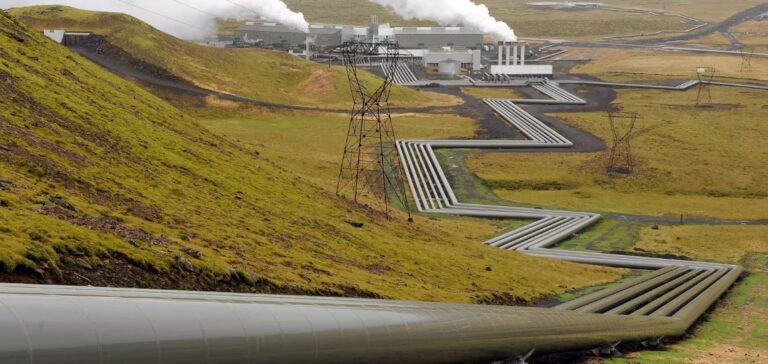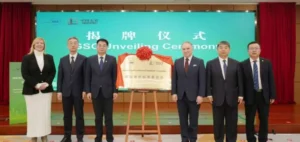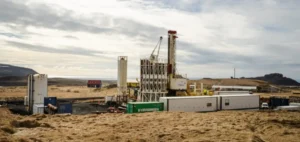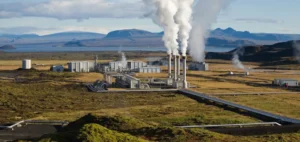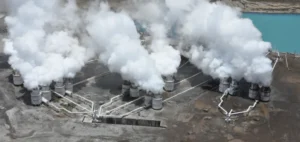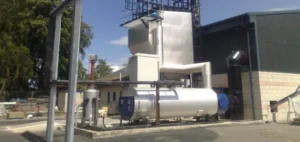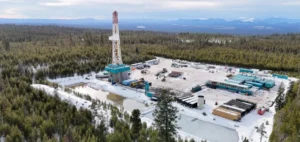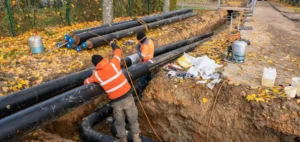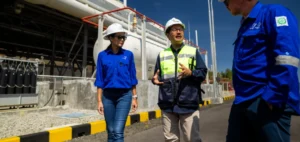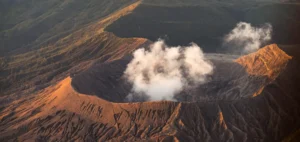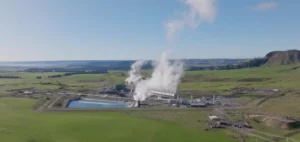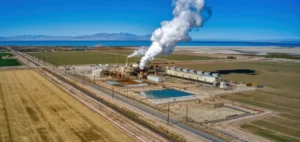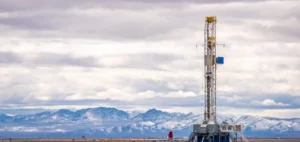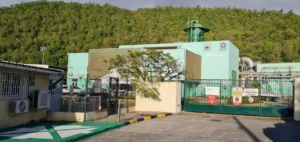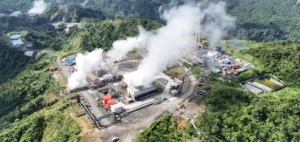Geothermal energy is on the rise in Dominica. Since Hurricane Maria in 2017 devastated its territory, Dominica has been actively investing in sustainable development projects.
Developing our renewable energy capabilities
In particular, the country is looking to develop and improve its capabilities in renewable energies, housing and healthcare.
Dominica has a small electrical system that relies heavily on diesel power to generate electricity.
The average price of electricity is $0.33/kWh, among the highest in the world. Residents are particularly exposed to the volatility of international oil prices.
The country already obtains 28% of its energy needs from renewable sources such as hydroelectricity and wind power. The government aims to further develop this capacity.
Geothermal energy: Dominica’s future?
2019 saw the development of a $27 million project to build a small 7 MW geothermal power plant in the Rosseau Valley region of Dominica. The project aims to increase the share of renewable energies and diversify the country’s energy matrix. The aim is also to identify a clear roadmap for private sector investment in geothermal development.
Dominica is the ideal place to harness geothermal energy. In fact, the country abounds in hot springs, geysers and volcanic activity.
Geothermal power plants operate in the same way as coal-fired or nuclear power plants. The main difference lies in the heat source.
With geothermal energy, the earth’s heat replaces the boiler of a coal-fired power plant or the reactor of a nuclear power station.
The geothermal risk mitigation project will significantly reduce electricity costs in Dominica. It will also increase the share of renewable energies in the country’s energy mix by 25%. This will help reduce greenhouse gas emissions by almost 40,000 tonnes of CO2 per year.
Dominica Geothermal Development Company (DCDG) has chosen to build a binary-cycle power plant. Although more expensive, it’s also the most environmentally friendly. In this way, the long-term benefits arising from the absence of pollution more than offset the additional cost.
The geothermal power plant will have a positive impact on the island
The geothermal project will take around 18 months to complete. The plant is scheduled for commissioning at the end of 2023.
The geothermal power plant will have a positive impact on the island’s national progress and on the lives of its citizens.
The construction and maintenance of the plant will create jobs. The government also hopes to use the energy produced to supply 23,000 homes with clean geothermal energy. This represents around 90% of Dominica’s total population.
The plant will also supply electricity to the French islands of Guadeloupe and Martinique.


